3 types of resource ways that dbpedia provides. Just like given below.
1) http://dbpedia.org/page/Akshay_Kumar
2) http://www.wikidata.org/entity/Q95
3) #Paris
1) It uses RDF schema. <Subject Predicate Object> technique. Using SPARQL query
select str(?text) as ?text
{
<http://dbpedia.org/resource/Akshay_Kumar> dbo:abstract ?text
FILTER (lang(?text) = 'en')
}
Above SPARQL query fetch the result from dbpedia resource link. I attached the resource link in given below image.

2) It use Wikidata API. It gives output in JSON. Using Wikidata API
I highlight the output in below image.

3) So, I want description property/ type of #Paris entity. I don't know how to deal with Fragment identifiers like #Paris. Am I need sparql query or any API ? No Idea.
BACKGROUND:
I extracted all DBpedia superclass/subclass pairs, with this query --
SELECT DISTINCT ?superclass
?subclass
WHERE { ?subclass a owl:Class
; rdfs:subClassOf ?superclass
}
ORDER BY ?superclass
?subclass
Then I ran some other queries to get all instances (entities) of those classes.
... queries to come ...